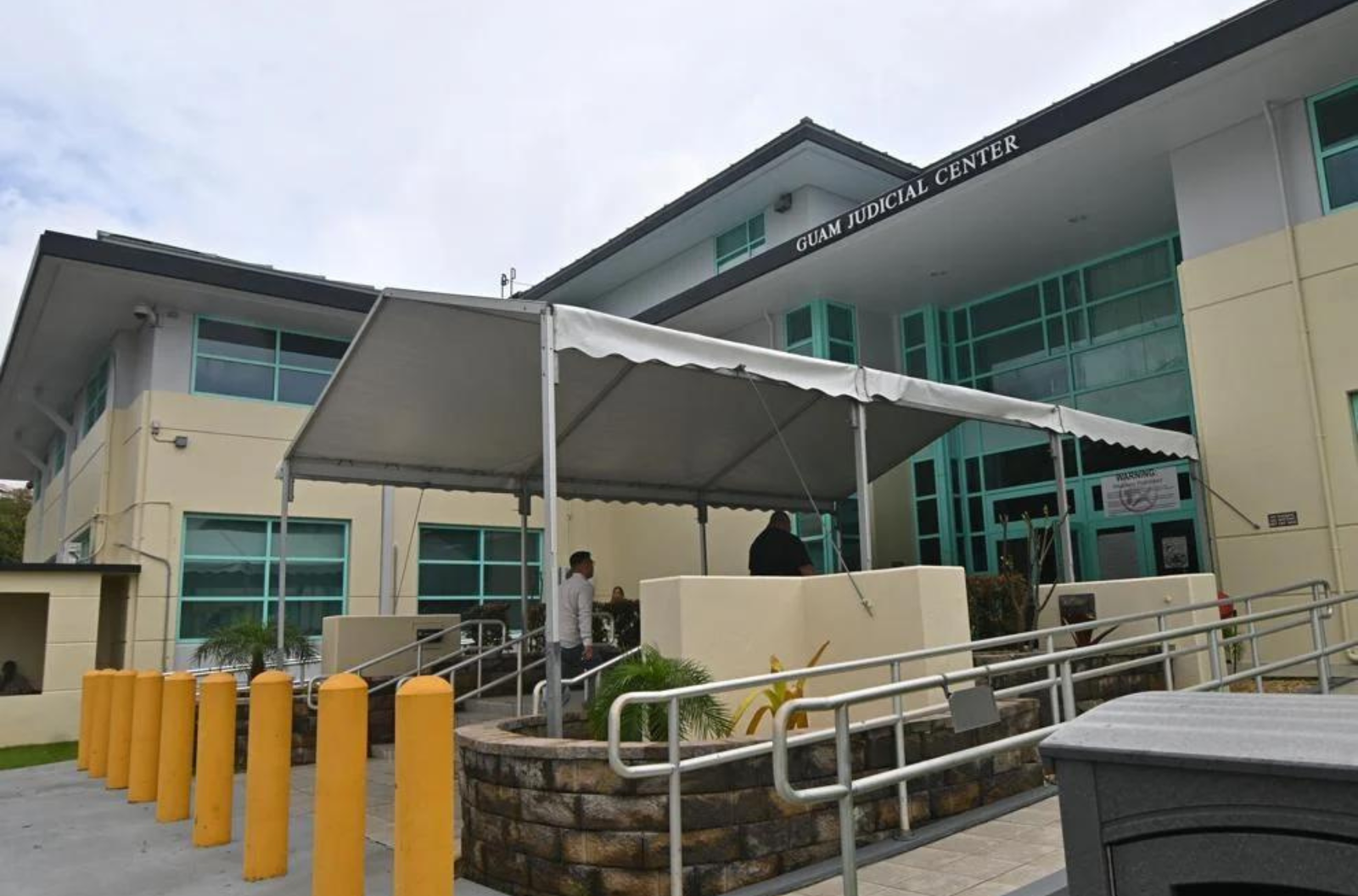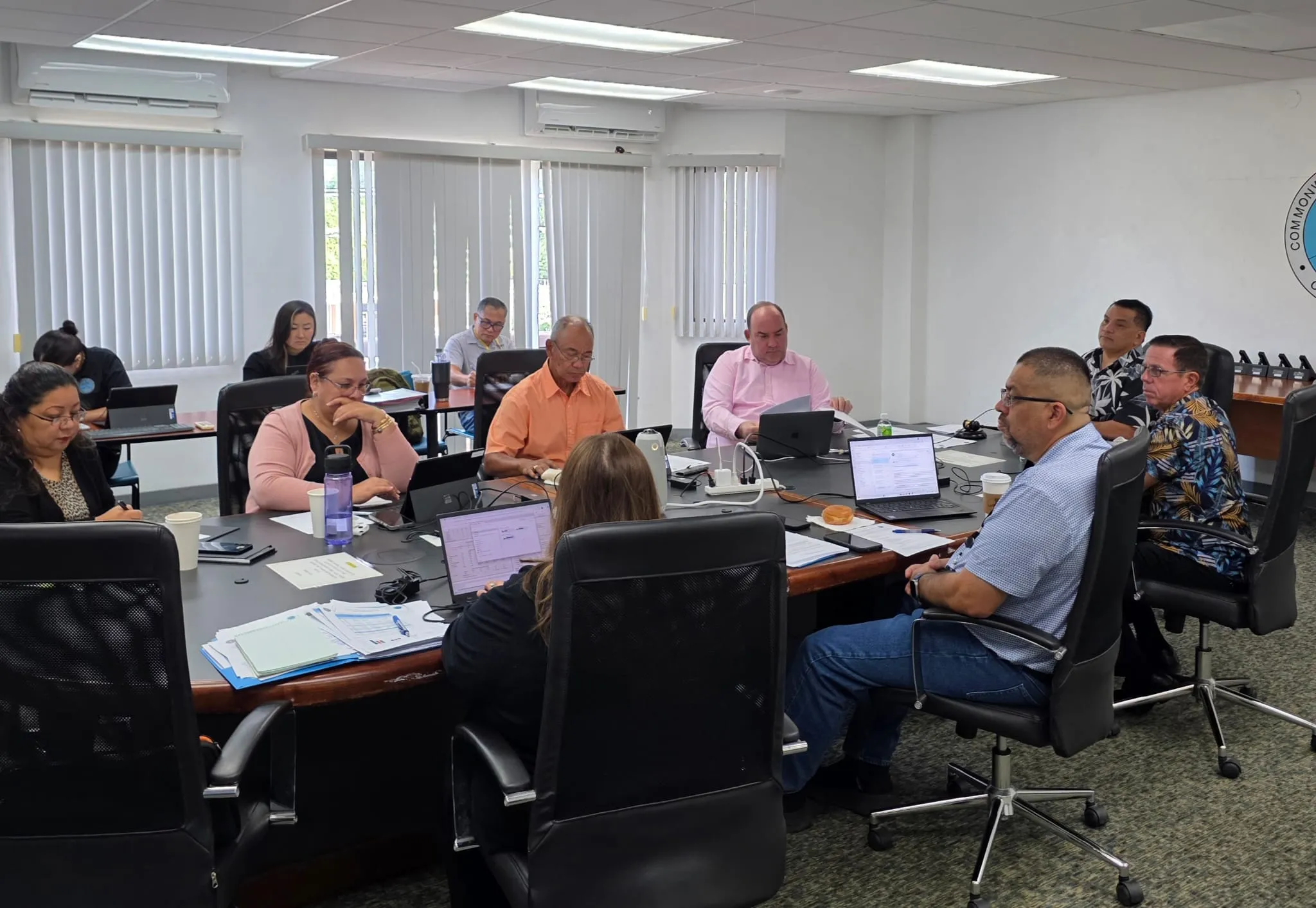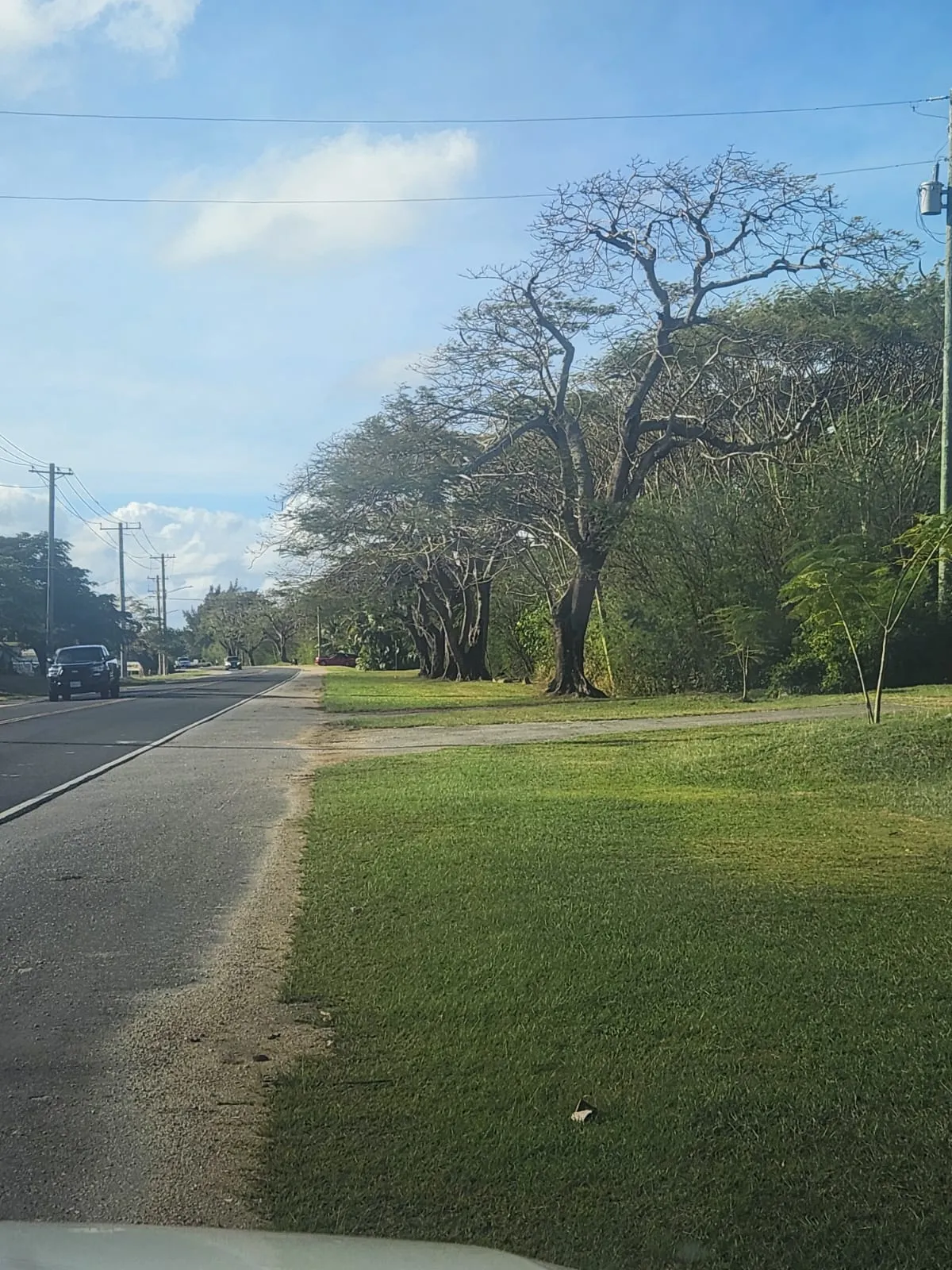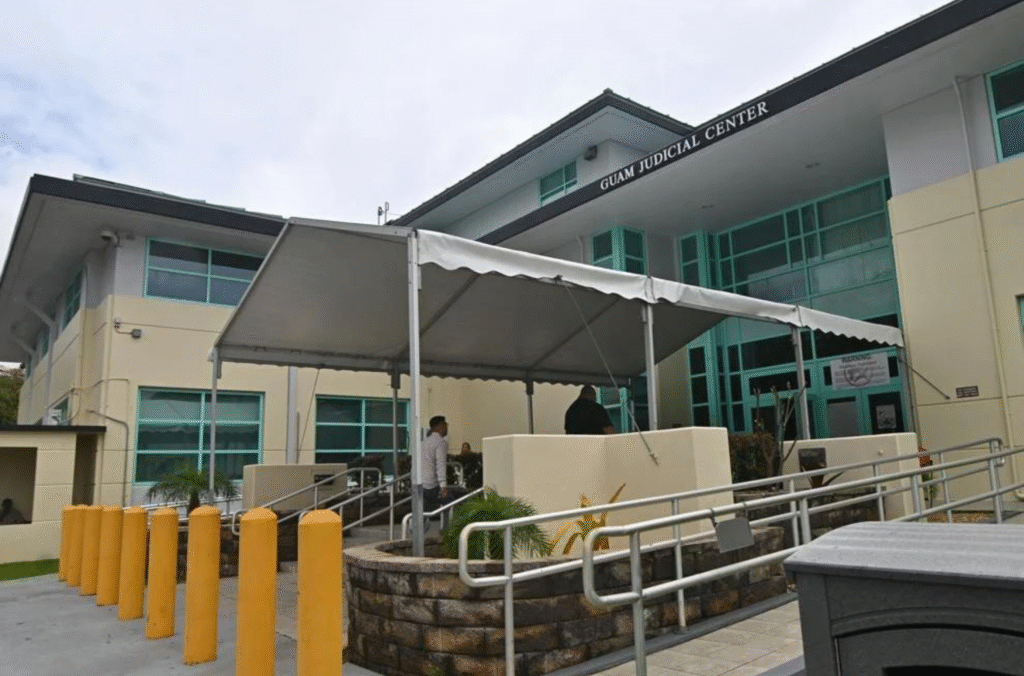HAGÅTÑA (The Guam Daily Post) — The Supreme Court of Guam has held that the island’s 30-year-old ban on abortion, Public Law 20-134, was repealed by implication through subsequent legislation and “no longer possesses any force or effect in Guam.”
Separately, Justice Philip Carbullido determined that the Guam Legislature acted beyond its authority by passing the ban at a time when abortion was protected by U.S. law.
The decision from the island’s high court should come as a boon to pro-choice advocates on Guam, and to Gov. Lou Leon Guerrero, who had asked the court to weigh in on the ban’s validity in light of changes to national law on abortion rights.
The U.S. Supreme Court reversed course on decades-old precedent last year, ruling in Dobbs v. Jackson Women’s Health Organization that the Constitution does not guarantee a right to abortion. This gave states and other jurisdictions greater latitude to regulate the practice – including the implementation of outright bans.
P.L. 20-134 prohibits abortions at all stages of pregnancy with limited exceptions related to medical intervention and ectopic pregnancies. Victims of rape and incest, for example, are not exempt under the ban unless they meet those limited exceptions. Moreover, the ban makes it a crime to solicit a person to submit to an abortion, which has raised free speech concerns.
While the law contains a referendum provision, allowing voters to determine if the ban should stay, the election date has long passed.
Guam’s ban was determined unconstitutional shortly after enactment in 1990, due to Roe v. Wade being case law at the time. Roe v. Wade was the 1973 U.S. Supreme Court decision that, prior to Dobbs, established the right to an abortion in the U.S.
Although P.L. 20-134 was placed under a permanent injunction, it was never explicitly repealed from local law.
With that in mind, and with Dobbs decision in tow, Attorney General Douglas Moylan moved vacate the injunction at the District Court of Guam in February.
But in the month prior, the governor had filed a petition at the Guam Supreme Court for declaratory judgment regarding the validity and enforceability of P.L. 20-134.
In both cases, the governor and attorney general opposed each other.
Tuesday’s decision from the Guam Supreme Court comes as Moylan and opposing parties, including the governor, continue their legal battle over the ban in federal court. It’s unclear at this time how the local high court’s decision might impact the case in federal court, as similar arguments have been raised there.
Questions for the court
When the governor filed her petition at the Guam Supreme Court, she asked the court to determine three things:
- The ban is void forever and could not be revived.
- The Guam Legislature did not have the authority to pass the ban.
- To the extent that the ban would not be void or unenforceable, find that it had been repealed by implication through subsequent local laws on abortion.
The Guam Supreme Court agreed to hear questions two and three.
“The (Guam) Supreme Court explained that an implied repeal occurs when provisions in two acts are in irreconcilable conflict; in such a case, the later statute repeals the earlier statute by implication,” a release on Tuesday’s decision stated.
“The Governor argued that in the years since the District Court of Guam enjoined P.L. 20-134, the Guam Legislature has passed several laws forming a comprehensive statutory scheme covering abortion in Guam, which is irreconcilably in conflict with P.L. 20-134. The (Guam) Supreme Court found that the near-total ban on abortion imposed by P.L. 20-134 cannot be reconciled with subsequent enactments by the Guam Legislature. The (Guam) Supreme Court held that … P.L. 20-134 has been repealed by implication,” the release added.
The release also stated that because the governor presented her questions in the alternative, the Guam Supreme Court answered only the implied-repeal question.
But Carbullido determined that the governor sought a crucial clarification on the Guam Legislature’s authority, and believed that it deserved a response.
The government of Guam operates under an organic act, a federal law that outlines local government functions and serves as the supreme law of the island. The Organic Act of Guam, as written when P.L. 20-134 was enacted, authorized the Guam Legislature to create laws “not inconsistent” with the Organic Act and U.S. laws applicable to Guam.
Because federal law protected abortion when the ban was enacted, the governor’s position was that the Legislature went beyond the authority provided in the Organic Act, and the ban’s passage constituted an “ultra vires” action.
“(Carbullido) concurred with the governor, referencing that since Roe v. Wade stood as the prevailing law in 1990, Public Law 20-134 was inherently void, and the Legislature’s promulgation of it was beyond their authority,” a press release from the Guam Supreme Court stated.
“Drawing further historical context, Justice Carbullido noted that the Organic Act of 1990 restricted the Guam Legislature’s power to enact legislation in alignment with the U.S. Constitution. Given that P.L. 20-134 infringed upon the 14th Amendment and considering the case of Webster v. Reproductive Health Services did not amend this fact, the legislation was ultra vires, hence void from the beginning. This invalidation, he insists, cannot be changed by subsequent shifts in legal interpretations,” the release added.

This file photo shows the main entrance to the Guam Judicial Center in Hagåtña as seen May 31, 2023.











